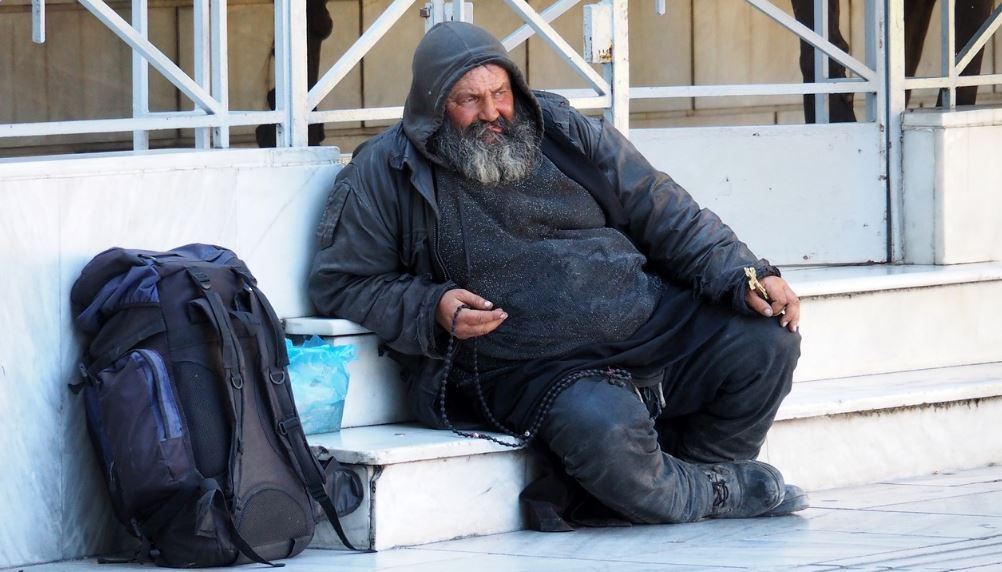Today we celebrate the last Sunday of the church’s Liturgical year; it is in that context that the thoughts of the church go to the end days the end of time.
In the parable of the sheep and goats in which Matthew presents Christ as a shepherd who separates sheep from goats. Gospel mercy and Charity; not human accomplishment; will be the standards for determining ones entry into the reign of God.
Mother Teresa put today’s Gospel theme so concisely when she said: At the end of life we will not be judged by how many diplomas we have received, how much money we have made, how many great things we have done. We will be judged by; I was hungry and you gave me to eat; I was naked and you clothed me, I was homeless and you took me in. Hungry not only for bread; but hungry for love, naked not only of clothing but naked of human dignity, homeless not only for want of a room of bricks, but homeless because of rejection.
Imagine the scene:
A homeless man is sitting on the curb near the Pro-Cathedral. He has set his hat out in front of him. A shabbily dressed homeless woman dragging a cart filled with rubbish bags walks by. She pauses in front of the man. Deciding that he was worse off than she was, she takes out of her worn, ripped coat pocket a crumpled five euro note and places them in his hat.

It is a random act of charity that goes almost unnoticed by the world, a snapshot of compassion that both inspires the spirit and breaks the heart.
“Whatever you do for the least, you do for me.” We treasure those words of Jesus and we so want to help the hungry and the thirsty, the lost, the naked; the sick, the imprisoned. But maybe what we find so difficult about realizing that teaching of Jesus is our inability to get beyond our own poverty, our own disappointments, and our own unrealized dreams. We’d like to help but it always seems to be a bad time, with the economy in the dumps, the struggle to make mortgage and education payments, the not- knowing how long I’ll have my job. The poor woman in front of the Pro-Cathedral manages to put aside her own considerable hardships to embrace Christ’s compassion in the homeless man she meets. That is holiness; that is discipleship. Christ the Shepherd-King calls us to embrace his mind-set: to realize that among the many blessings we have from God is the gift to be able to share those blessings with others.
In seeing beyond our own poverty and struggles to recognize Christ in the poverty and struggles of others, we establish Christ’s kingdom of justice and compassion in our own time and place.
On this last Sunday of the church year, may we embrace God’s vision of his creation; may God’s spirit instil in us the compassion and wisdom to recognize every human being as the sign of God’s life and love in our midst. May the prayer we pray each Sunday at mass become a reality in our own time and place, May His kingdom come, and His will be done on earth as it is in heaven. Amen.